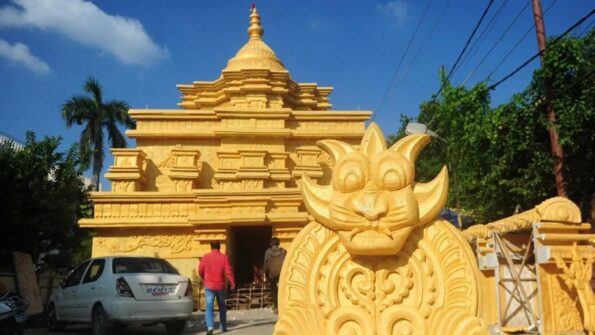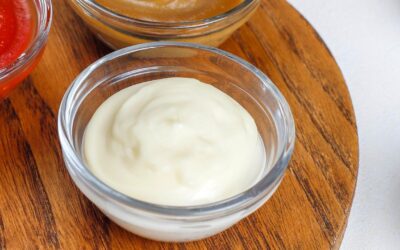Tirupati Laddu: 5 interesting facts about the prasadam offered at Tirumala

[[{“value”:”
Earlier this week, Andhra Pradesh chief minister N Chandrababu Naidu has reportedly alleged that animal fat was used to prepare the Tirupati laddoo at the Tirumala Venkateswara Temple, during the YSRCP regime. The statement was made while he was speaking at an NDA legislature party meeting in Amravati.
While the Opposition has denied the allegation, there is a lot to know about the laddu, which has a rich history since many decades at the Hindu temple, which is known to be among the richest in the world.
As the controversy about the ingredients continue, here are interesting facts you need to know about the Tirupati laddu:
Offering
The Tirupati laddu is used as an offering at the Tirumala Venkateswara Temple in Tirupati in Andhra Pradesh and given to devotees after praying at the temple.
History
According to several reports, the practice of offering the Tirupati laddu to Venkateswara, who is the reincarnation of Lord Vishnu, at the temple was started in 1715.
GI tag
In 2008, the Tirumala Tirupati Devasthanams, which is the temple board and independent government organisation, applied for a Geographical Indication tag, and received it in 2009. This ensures that only the temple is allowed to make the laddu and no other person is allowed to make or sell it.
Postal stamp
In 2017, India Post commemorated the Tirupati Laddu as a part of their cuisine series, where they unveiled a postage stamp, along with biryani, among other dishes.
Laddu Potu
The famed Tirupati Laddu is prepared in the Laddu Potu, which is in the temple complex.
“}]]



